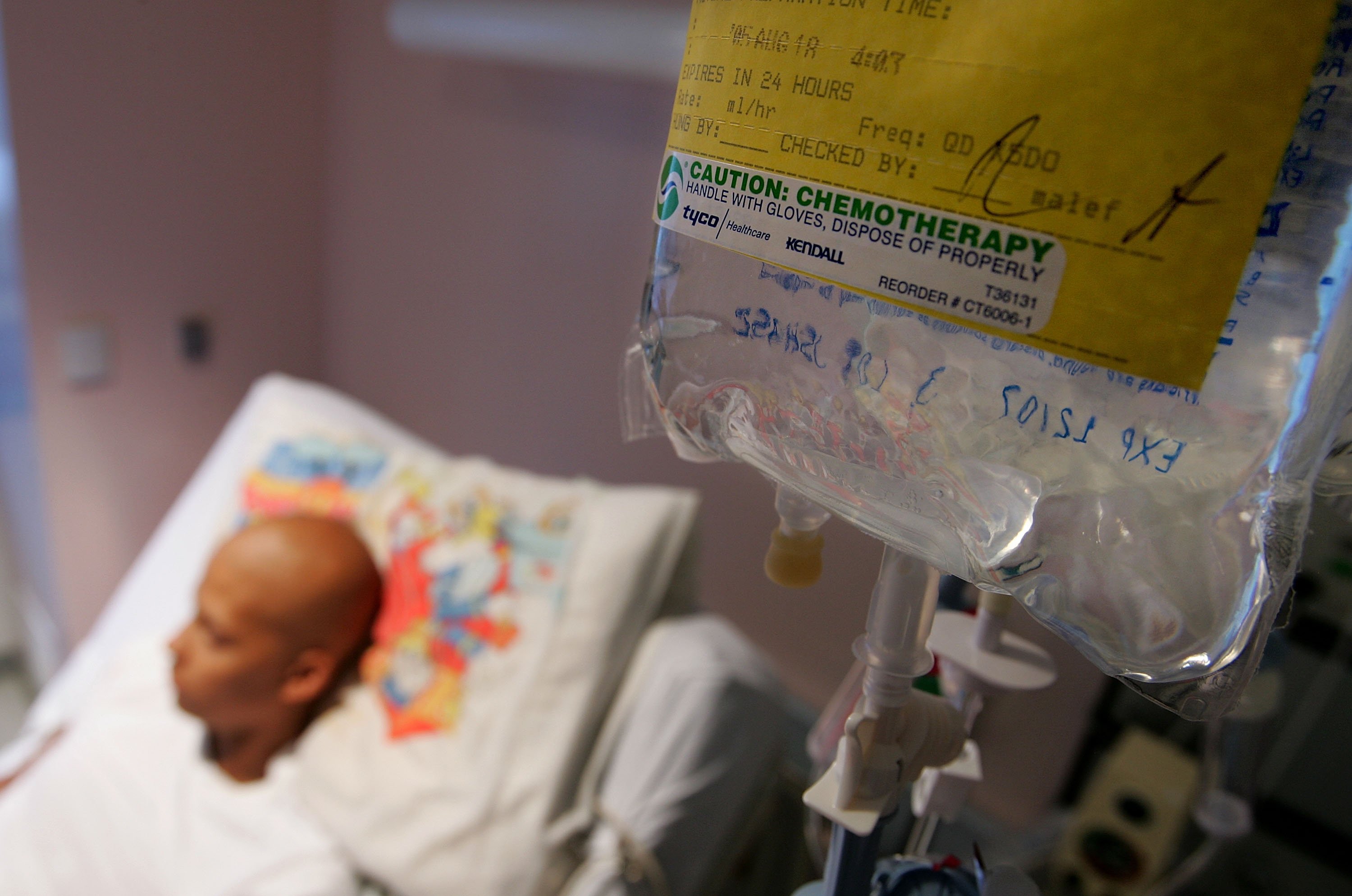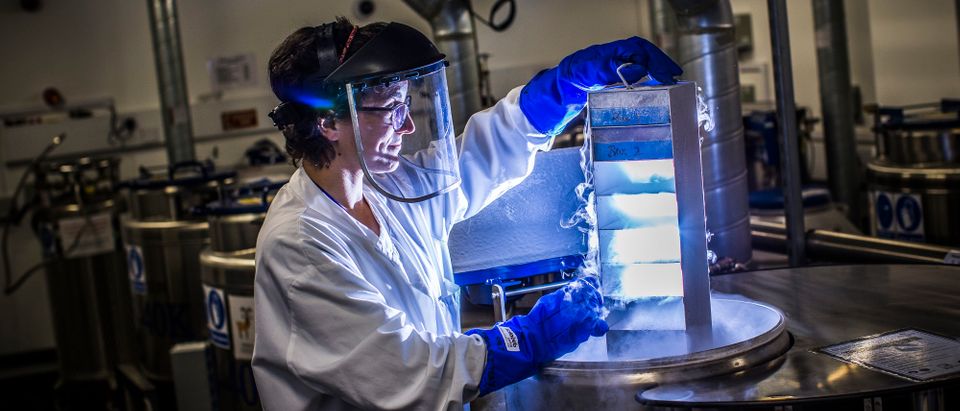Scientists Might Have Accidentally Cured Cancer
January 21, 20203:44 PM ET
Cardiff University’s research team found a T-Cell that attaches itself onto human cancers, and kills them while ignoring healthy cells. Although in its early stages of development, the treatment successfully destroys bone, lung, breast, colon, prostate, and other cancers, The Telegraph reported. (RELATED: Alex Trebek Announces He Was Diagnosed With Stage 4 Pancreatic Cancer)
Originally, researchers were only looking for immune cells that were capable of fighting bacteria, before they discovered the T-Cell virus. Their findings were made available on Monday.
“There’s a chance here to treat every patient,” Professor Andrew Sewell of Cardiff University told the BBC. “Previously nobody believed this could be possible. It raises the prospect of a ‘one-size-fits-all’ cancer treatment, a single type of T-cell that could be capable of destroying many different types of cancers across the population.”

(Photo by Justin Sullivan/Getty Images)
A T-cell is a white blood cell in the immune system that fights off cancers and helps prevent the body from getting infected. Researchers note the receptors on the newly discovered T-cells may be able to locate cancers by using the molecule known as MR1. They believe this molecule could be alerting the T-cells of the infected metabolism present on cancerous cells.
“We are the first to describe a T-cell that finds MR1 in cancer cells—that hasn’t been done before, this is the first of its kind,” the studies co-author Gary Dolton said to the BBC.
In the past, researchers have gained knowledge of the human immune system through the growth of cancer immunotherapy. One of the most successful being that of CAR-T, better known as a drug made by genetically modifying an individuals T-Cell’s to destroy cancerous regions of the body, as reported by Newsweek.
“CAR-T cells have to be engineered for each patient individually, to take into account the fact that each person’s immune cells have their own molecular ‘signature’—making the therapy very expensive and laboursome,” said Astero Klampasta, a researcher at The Institute of Cancer Research in London, to Newsweek.
Experts have praised the study for its “great potential” but note that they still cannot confirm if it works for all types of cancers.
“At the moment, this is very basic research and not close to actual medicines for patients,” said Professor Daniel Davis of the University of Manchester to the BBC. “There is no question that it’s a very exciting discovery, both for advancing our basic knowledge about the immune system and for the possibility of future new medicines.”
Content retrieved from: https://dailycaller.com/2020/01/21/scientists-have-accidentally-cured-cancer/.


